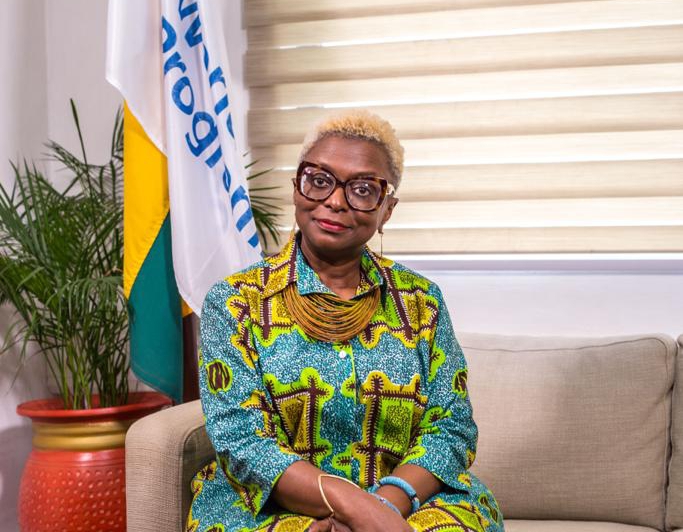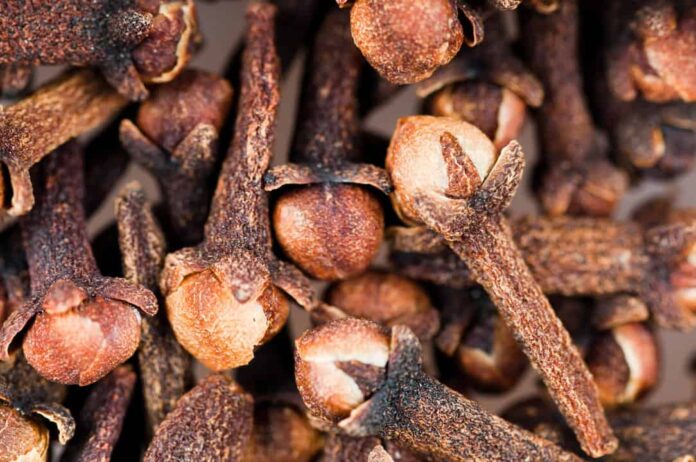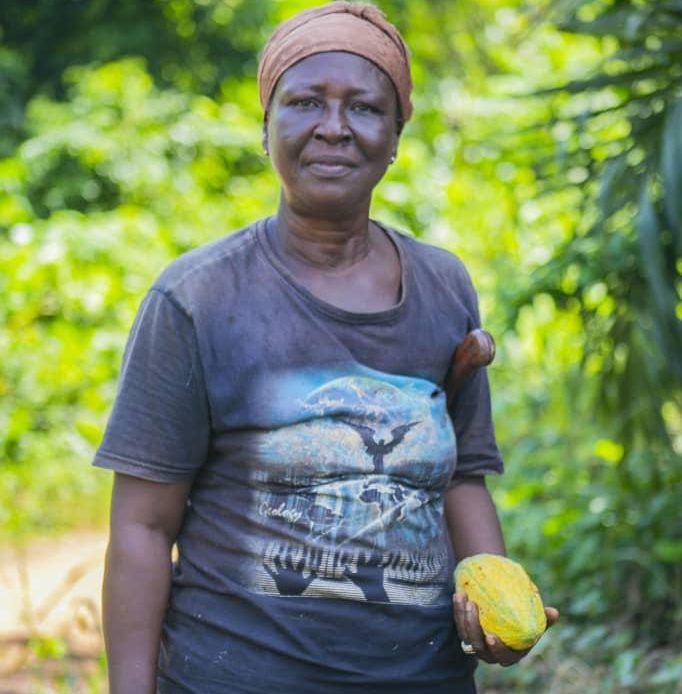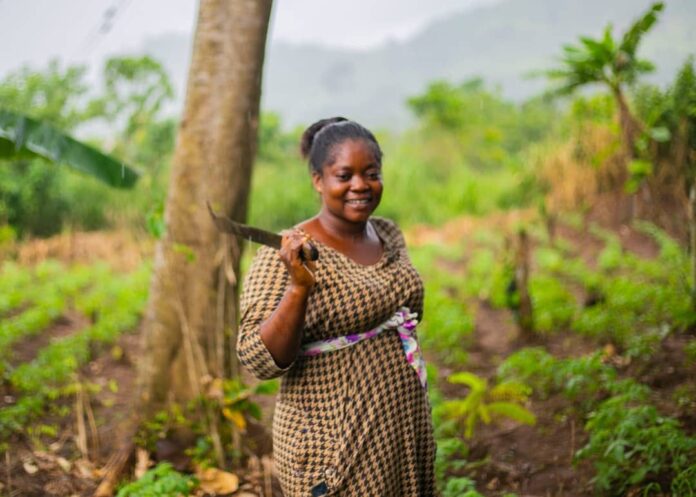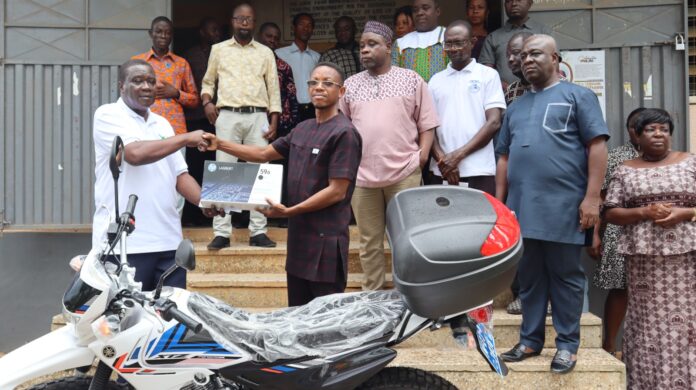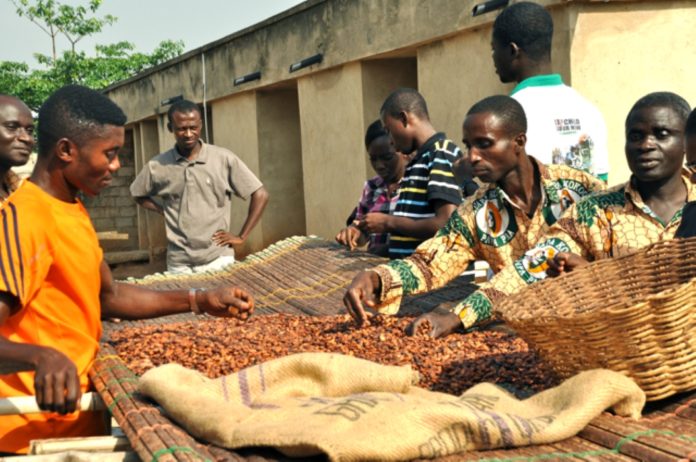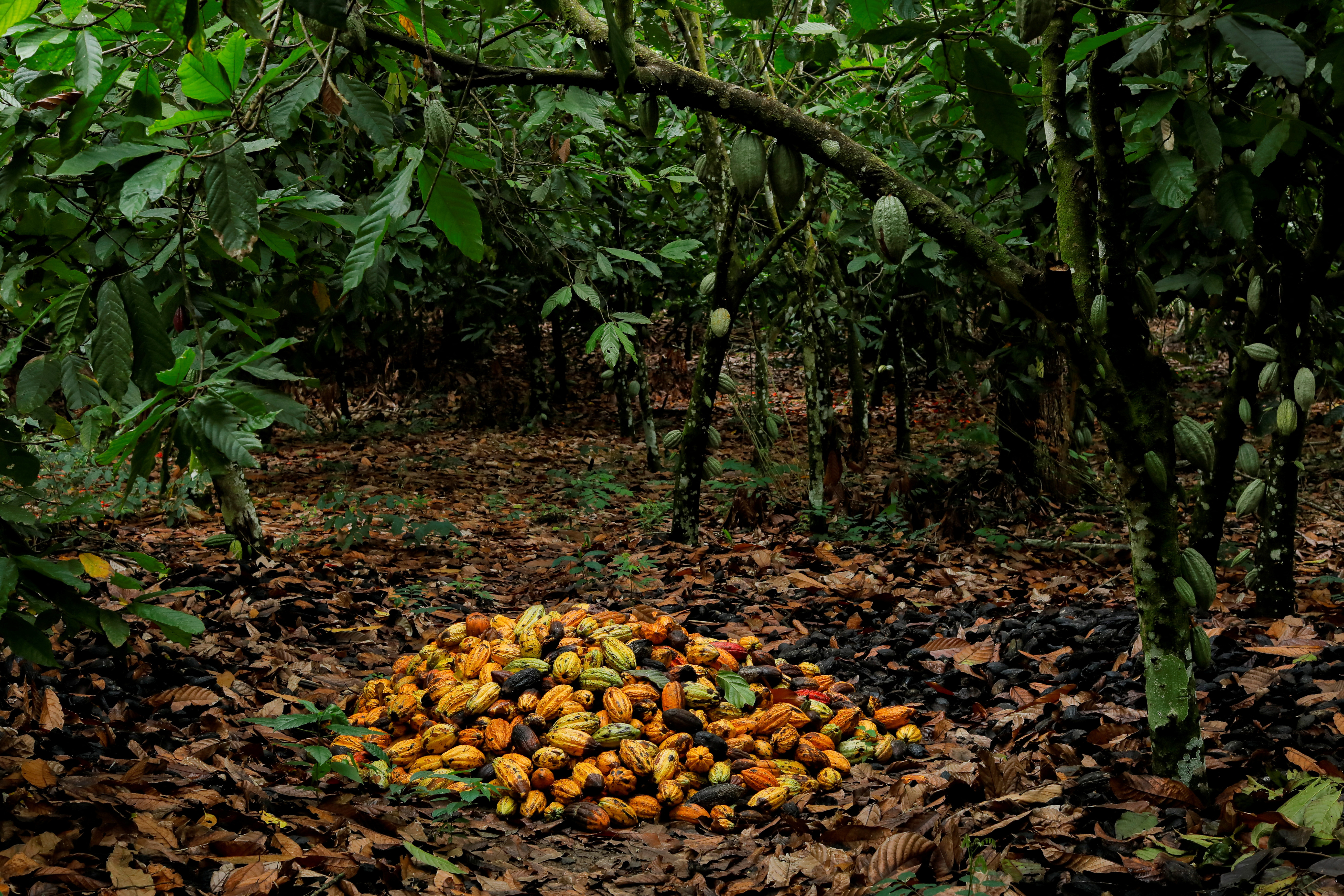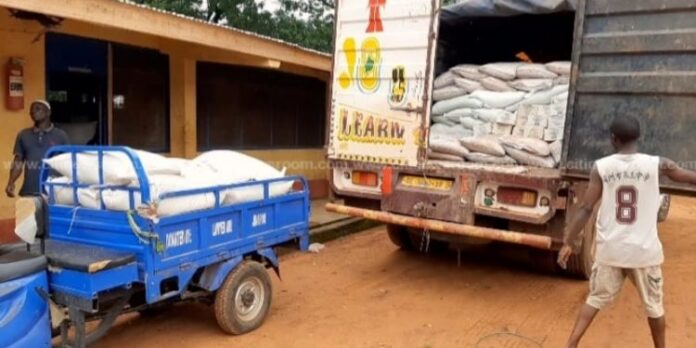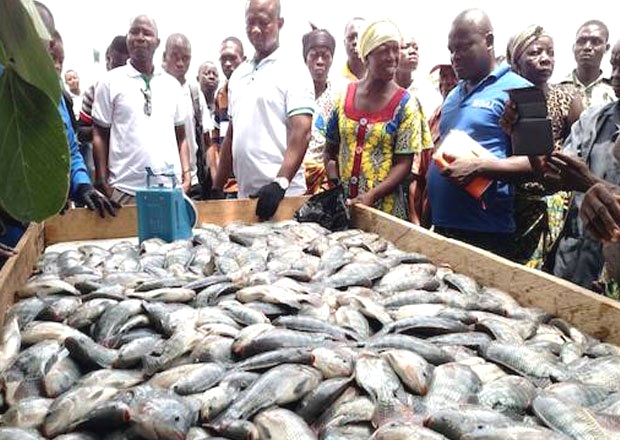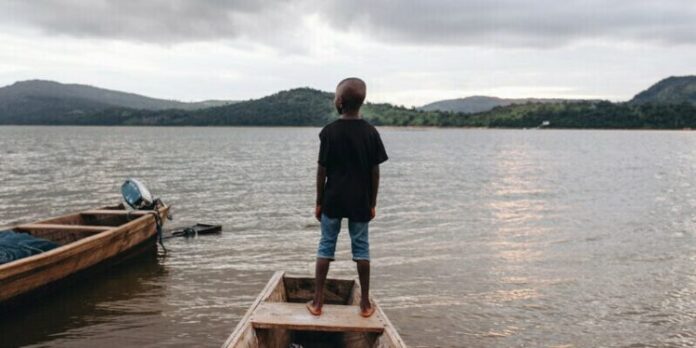World Food Programme (WFP), Has Signed a Partnership with Agrihouse Foundation towards the 5th Edition of the Women in Food and Agricultural Leadership Training Forum (WOFAGRIC) and Gold in The Soil Awards. set for July 26th to 27th at the Bedtime Hotel in Koforidua in the Eastern Region.
The partnership, in the form of technical and financial assistance to help women farmers, farmers with disabilities and agro-processors to foster the growth of Ghana’s Agriculture sector and generally improve food and nutrition security.
Speaking about the partnership, Mrs. Barbara Tulu Clemens, WFP Country Director, emphasized the importance of supporting marginalized groups, especially women, youth, and people living with disabilities, as outlined in WFP’s Next Generation Country Strategic Plan for 2024-2028. WFP’s cross-cutting objectives include identifying fundings for climate adaptive projects and working with key Ministries and Organizations to explore opportunities for climate offset credit.
“We have identified funding for climate adaptive projects as one of the key cross-cutting objectives within our country strategic plan for WFP. Our aim is to collaborate with the Ministry of Food and Agriculture and the Ministry of Finance to identify opportunities for climate offset credit, which aligns with interventions like the WOFAGRIC and gold in the soil awards intervention,” she added.
The WFP Country Director, also emphasized that WFP is committed to achieving Sustainable Development Goal 2, which is zero hunger. Additionally, she advised the youth to consider agriculture as a laudable vocation, highlighting its importance in promoting food security and sustainable development.
Mrs Clemens said during the two-day event, WFP would lead discussions on changing entrenched socio-cultural norms and breaking traditional barriers critical to the development of Agri women in the agricultural value chain -the role of stakeholders.
She said they will also lead, training and mentorship section to empower and train women farmers and farmers with disabilities to help build up their capacity to scale up their business Management, Food Safety and Quality Standards. Adding that smallholder farmers would get the opportunity to learn about innovations and technologies, participate in trainings, exhibitions, field demonstrations and market linkages.
The Executive Director of Agrihouse Foundation, Alberta Nana Akyaa Akosa expressed her appreciation for the World Food Programme’s partnership and emphasized the World Food Programme’s pivotal role in empowering women in agriculture and promoting food security. She highlighted WFP’s steadfast commitment to fostering progress and resilience in vulnerable regions and its recognition of the crucial contributions of women and girls in shaping societies, which align perfectly with the mission of the Women in Food & Agriculture Leadership Training Forum (WOFAGRIC) and Gold in The Soil Awards.
“Together, we stand united in our dedication to leave no one behind and advocate for a future where hunger is eradicated, and prosperity is attainable for all. This partnership exemplifies the transformative power of agriculture, making a positive impact on the lives of millions and paving the way for a more sustainable and equitable future,” she added.
The theme for the 5th edition of the Women in Food & Agriculture Leadership Training Forum (WOFAGRIC) & Gold in The Soil Awards is “OVERCOMING THE BARRIERS TO WOMEN AGRIBUSINESS DEVELOPMENT: THE ROLE OF STAKEHOLDERS.” This year’s forum aims to celebrate and recognize the outstanding achievements of women farmers and women with disabilities while fostering collaborative efforts towards gender equality and sustainable agricultural practices.
The Women in Food and Agricultural Leadership Training Forum (WOFAGRIC) and the gold in the soil awards now in its fifth year, is an interventional platform that provides opportunities for women farmers and farmers with disabilities across various value chain in the agricultural sector, that seeks to recognize, celebrate, award, mentor and train them.
Now in its fifth year, the Women in Food & Agricultural Leadership Training Forum (WOFAGRIC) & Gold in The Soil Awards is an annual Regional rotational intervention, that has moved from the volta Region, Ashanti Region, Western and Western North Regions and Upper East and Upper West Regions providing mentorship, networking, and financial support to over five thousand (5000) women across the agricultural value chain. The program targets women farmers and farmers with disabilities, agripreneurs, key stakeholders, development partners, researchers, farmer groups, government agencies, businesses, professional advisors, and corporate organizations, further fostering a more inclusive and sustainable agricultural sector.
The two-day event to be held at the Bedtime Hotel in Koforidua, will feature over 600 participants engaging in activities, including break-out panel discussions, training workshops, exhibitions, trade shows, speed networking, and mentorship sessions. These components will empower participants to gain valuable insights, exchange best practices, and forge collaborations that have the potential to reshape the future of agriculture in Ghana.
One of the highlights of the event will be the prestigious Gold in The Soil Awards, recognizing and honouring exceptional women farmers and women with disabilities who have made remarkable contributions to the agricultural industry. Their unwavering dedication, innovative approaches, and transformative impact will be celebrated, inspiring others to follow in their footsteps and drive further progress within the sector.
As Agrihouse Foundation continues its journey towards agricultural transformation, the role of women farmers and women with disabilities cannot be overstated. Their resilience, expertise, and determination are integral to ensuring food security, promoting sustainable practices, and fostering economic growth.
World Food Programme’s partnership with Agrihouse Foundation reaffirms its strong belief in the potential of Ghanaian women to drive transformative change in agriculture. By collaborating on this empowering initiative, the World Food Program continues to be a driving force in the nation’s progress and prosperity, actively contributing to the growth and development of the agricultural sector.

